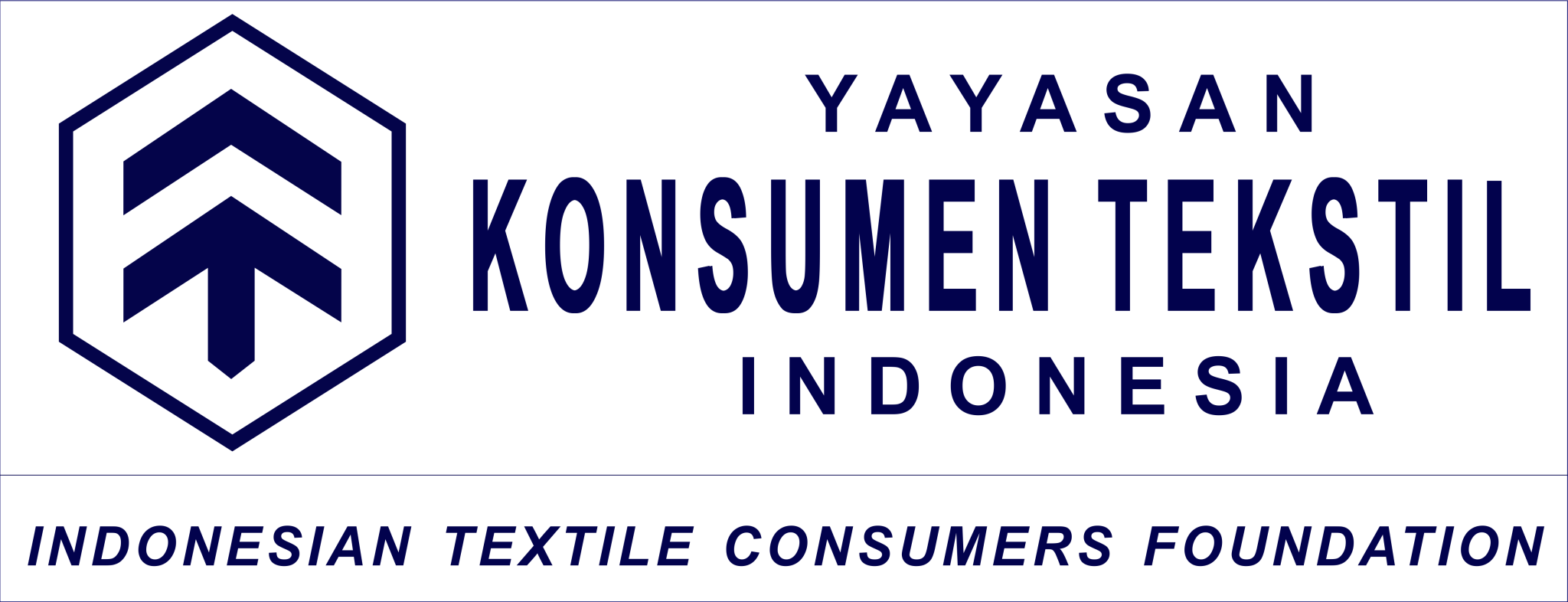Britain plans to ban imports of Chinese products suspected of using Uighur forced labor in Xinjiang Province. The British government is concerned that the local textile industry is not checking closely whether goods from Xinjiang, which supplies nearly a quarter of the world's cotton, are made without the use of forced labor.
Foreign Minister Dominic Raab is expected to reveal the plan to parliament next week, including to tighten rules for exporters as one of the repressive steps against the bamboo curtain country. The regulatory tightening plan will include fines if exporting companies fail to demonstrate due diligence in checking their supply chains. However, Raab's plans are thought to stop at sanctions on Chinese officials linked to Uighur concentration camps and forced sterilization programs. "Our approach to China is rooted in our values and interests," said an official at the Foreign Office as quoted by AFP.
British and Chinese relations in the last two years have indeed grown colder. Especially after London's criticism of China regarding the repressive actions of the authorities against democracy campaigners in Hong Kong. Britain has also criticized the treatment of Uighur Muslims in Xinjiang Province, saying they have been forced to produce cotton.
Liu Xiaoming, the Chinese ambassador who will end his assignment in London, last week said relations between the two countries depended on whether Britain saw China as a partner or a rival. "The ball is on the English side," he said. China also denies forced labor is used in its cotton industry and says the camps in Xinjiang are "vocational training schools" and factories are part of a poverty alleviation scheme.
Meanwhile, British retailer Marks and Spencer last week committed not to use cotton from Xinjiang because of growing concerns in the fashion industry about their supply chains. Two years ago, US company Badger Sportswear also announced it would stop sourcing clothing from Chinese clothing company Hetian Taida, for fear of using forced labor from internment camps in Xinjiang.










